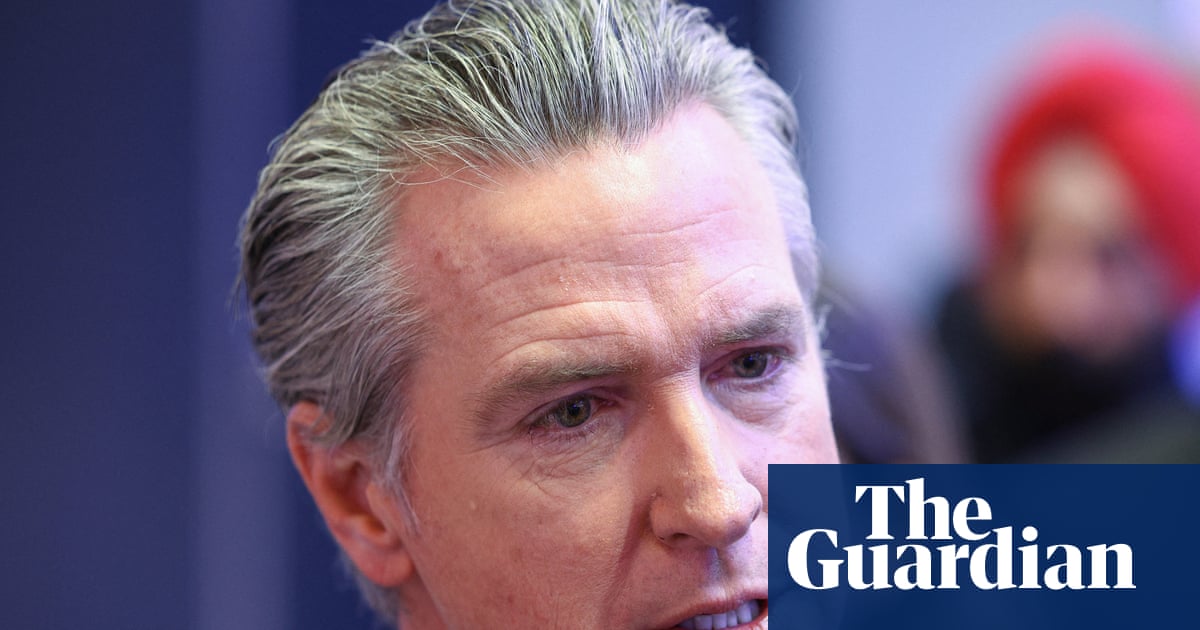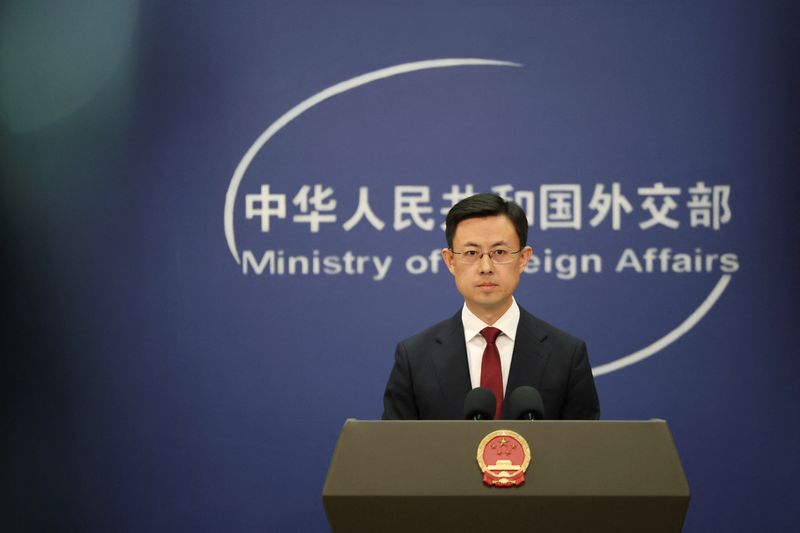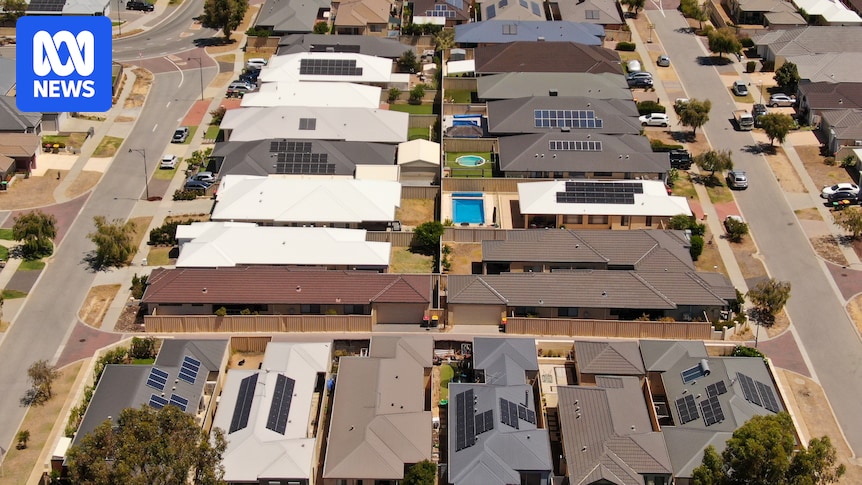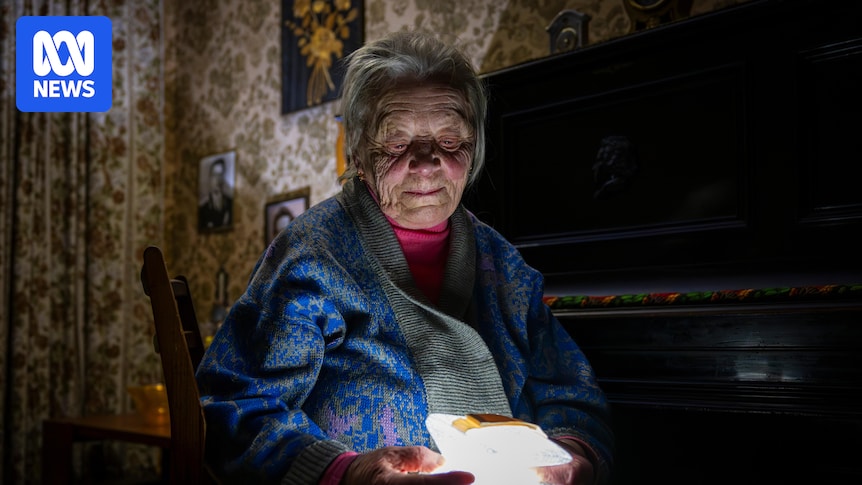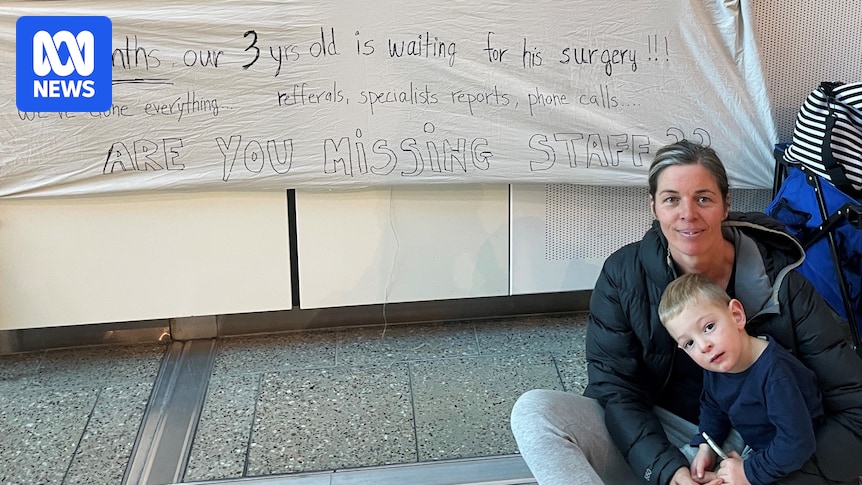
Caroline Harper’s determination to secure urgent medical care for her son, Lewis, culminated in a dramatic sit-in at the Royal Children’s Hospital in Melbourne. After waiting 18 months for surgery to address Lewis’s severe sleep apnoea, Harper took matters into her own hands, refusing to leave the hospital until a surgery date was confirmed. Her persistence paid off, and Lewis underwent the much-needed procedure yesterday.
Harper, a resident of Bendigo, a regional city 155 kilometers from Melbourne, faced a daunting wait for an appointment. “I needed to kick him after 12 seconds for him to breathe,” she recounted, describing the harrowing nights spent monitoring her young son’s breathing. Private surgery quotes ranging from $8,000 to $10,000 were beyond her financial reach, leaving her reliant on the public healthcare system.
Regional Healthcare Gaps
The situation Harper faced is symptomatic of a broader issue affecting regional Australia. Bendigo, despite being one of Victoria’s largest regional centers, has been without a public ear, nose, and throat (ENT) service for three years. Consequently, patients like Lewis are referred to metropolitan hospitals, exacerbating already lengthy wait times.
A spokesperson for the Royal Children’s Hospital acknowledged the impact of waiting times on families, stating, “We always prioritize children and young people with the most critical need first. Our otolaryngology team assesses and triages referrals according to clinical urgency daily.”
The ENT Shortage
The shortage of ENT services in regional areas is a growing concern. Dr. Julie Agnew, president of the Australian Society of Otolaryngology Head and Neck Surgery (ASOHNS), highlighted the issue, noting that a workforce review last year found regional Australia “very short” of ENT services. “It is a big problem. The shortage puts further stress on the metropolitan areas,” Dr. Agnew explained.
Efforts to address this shortage are underway. ASOHNS chief executive Lorna Watson mentioned that the Royal Australasian College of Surgeons’ training board is working on initiatives to expand training and improve surgeon retention in regional areas. “Lifestyle is difficult when you go to a regional area if you’re the only surgeon. They need support,” Dr. Agnew added.
Hope on the Horizon
In a positive development, Bendigo Health has successfully recruited an international ENT specialist to fill the gap. A spokesperson expressed optimism, stating, “We recognize this has been a significant health gap for our community and are delighted to re-commence this service.” The new specialist is expected to start work in the coming months, offering hope to families in the region.
Impact on Families
For families like the Harpers, the shortage of regional public ENT services has been challenging. “It has been really hard because … you think your son’s not going to make it through the night,” Harper shared. The successful surgery now promises a better quality of life for Lewis, with improved hearing and speech on the horizon.
The Victorian government has acknowledged the need for investment in specialist healthcare across rural and regional Victoria. A spokesperson stated that efforts are underway to grow the specialist workforce, though challenges remain.
As regional healthcare systems strive to address these gaps, Harper’s story serves as a poignant reminder of the human impact behind the statistics. Her sit-in at the Royal Children’s Hospital has not only secured a brighter future for her son but also brought attention to a critical issue facing countless families across regional Australia.
